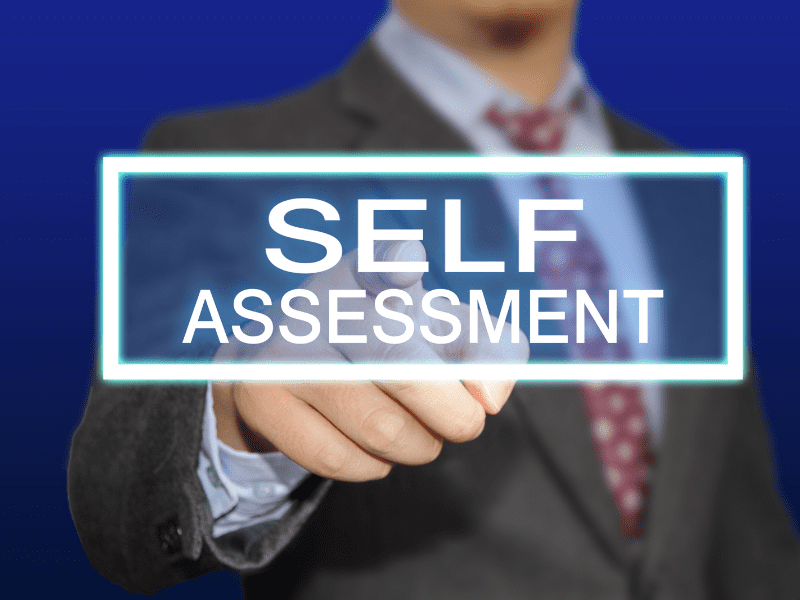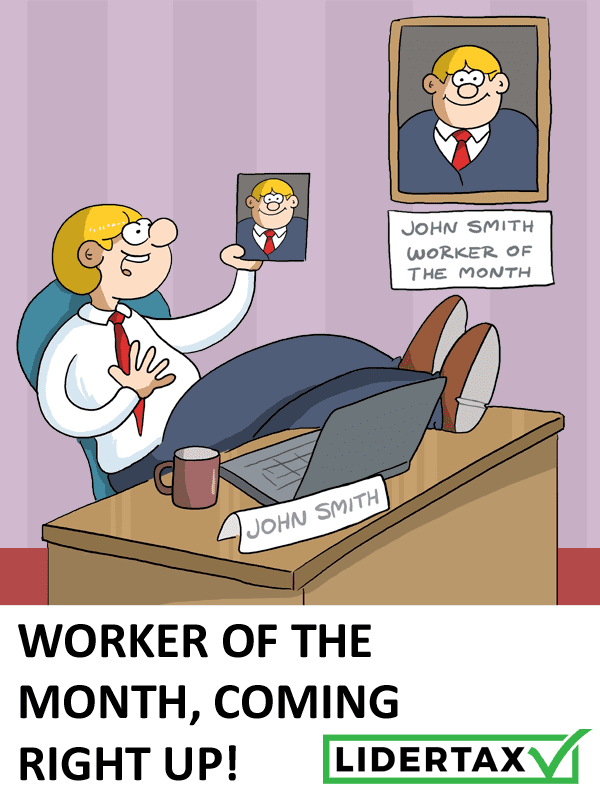
Knowing whether you need to register for self assessment can often seem hard. As such, many people simply assume that they don’t need to register for self assessment since they’re not self-employed. However, this isn’t the case, and you might need to register for self assessment even if you’re not a self-employed worker. As such, today, we’re looking at some of the key things you need to know about registering for self assessment; hopefully, this will help you find the right solutions for your own self assessment goals too.
Do I Need to Register for SA if I’m Not Self-Employed?
Many of us assume that we only need to register for SA if we are self-employed workers. And, in fairness, that would make sense initially – but the reality is much more complex than this. With this thought in mind, it’s important to consider when you’ll need to register for self assessment, as there are several additional scenarios for when a non-self-employed worker will need to complete self assessment.
When You Need to Register for Self Assessment as an Employed Worker
If you are employed, you may still need to register for self assessment, depending on your work style and responsibilities. The main things you should keep in mind here are as follows.
- Land/property: If you make an income from land or property within the UK, such as if you are a private landlord, you will need to register for self assessment to declare any income from your properties.
- Foreign income: If you earn a taxable income from foreign sources of £300 or more per year, you may need to register for self assessment.
- Shares and assets: Some shares, assets, and properties will be subject to Capital Gains tax. If anything that you have sold pays Capital Gains tax, you’ll need to register for self assessment to pay this tax. However, numerous things are exempt from Capital Gains tax, including gifts to registered charities or a spouse.
- Directorship: If you are a company director (even one not actively taking any dividends from the company), you will need to register for self assessment. However, you may not necessarily put through any income on this self assessment.
- Income: If you earn £100,000 per year or more, you may need to register for self assessment regardless of whether or not you earn any income through self-employment. Furthermore, if you have income that has not been taxed (but which should be), you will also need to apply for self assessment.
How to Register for Self Assessment with the HMRC
If you need to register for self assessment with the HMRC, there are two main methods you can use. The simplest for most people is to register online, which only takes a matter of minutes and requires some basic information about your current employment.
Alternatively, you could complete a paper application for self assessment using an SA1 form, which can be sent by post (but this will take longer).
Once you have registered for self assessment with the HMRC, you will usually receive your self assessment login credentials in the post within a week or so. This includes your Unique Taxpayer Number – which will be a unique number than your company’s UTR (if you’re a director) since a company is considered to be its own separate legal entity.
If you are close to the deadline for submitting your self assessment tax return, applying online will help reduce the application time by several days.
How to Submit Your Tax Return with the Self Assessment Platform
Once your self-assessment account has been approved, you can submit your tax return directly online by heading to the Government Gateway portal and entering your login details.
From here, you may need to enter an access code (likely sent to your registered phone number) to open your account. You can then select the “Make a Self Assessment Payment” option to pay your self assessment balance.
It’s important to note that even if you don’t have to pay any self assessment tax, you’ll still need to complete this process to submit your self assessment tax return. This can also be done manually by hand through paper copies, but this has an earlier deadline and tends to be a lot more time-consuming, so most people will choose to file their self assessment tax return online.
When is the Deadline for Self Assessment?
The deadline for self assessment varies depending on whether you are submitting a paper copy or a digital copy of your tax return. If you are submitting a paper copy, you will need to send this to HMRC for receipt before the 31st of October. Alternatively, if you decide to complete your self assessment tax return online, the deadline is slightly longer until the 31st of January.
In any scenario, leaving your self-assessment tax return until the deadline can be tempting. However, if something goes wrong and HMRC doesn’t receive your tax return on time, you will be liable to pay a fine. As such, submitting your tax return as far in advance as possible can be helpful.
If you need to register for self assessment, the deadlines are a little different again. Registering for self assessment must be done before the 5th of October in order to make a payment for the last tax year. As such, if you find that time is going on and you haven’t registered for your self assessment account, it’s worth getting onto this as a matter of priority.
Remember: your self assessment tax return covers the twelve-month period between April and April each year. As such, by the time you go to complete your tax return, you’ll be paying tax on the previous year’s earnings, not the current year.
Penalties for Submitting Your Self Assessment Late
If you think that you will miss the deadline to submit your self assessment as an employed individual, you may be liable to pay a penalty. The late filing penalty for submissions up to three months past the deadline is £100. You may also be charged interest on late payments. As such, avoiding late payments is a very worthwhile step if you need to submit a self assessment tax return. However, in some extenuating circumstances, it is possible to appeal the penalty.
Final Thoughts
In many cases, even if you’re not self-employed, you’ll still need to register for self assessment as part of your taxation goals. With this thought in mind, checking whether you need to register for self assessment could help. Remember: if you do need to submit a self assessment tax return, you could face fines and losses if you don’t achieve this in time, so taking steps as soon as possible is very important to get past this challenge.




